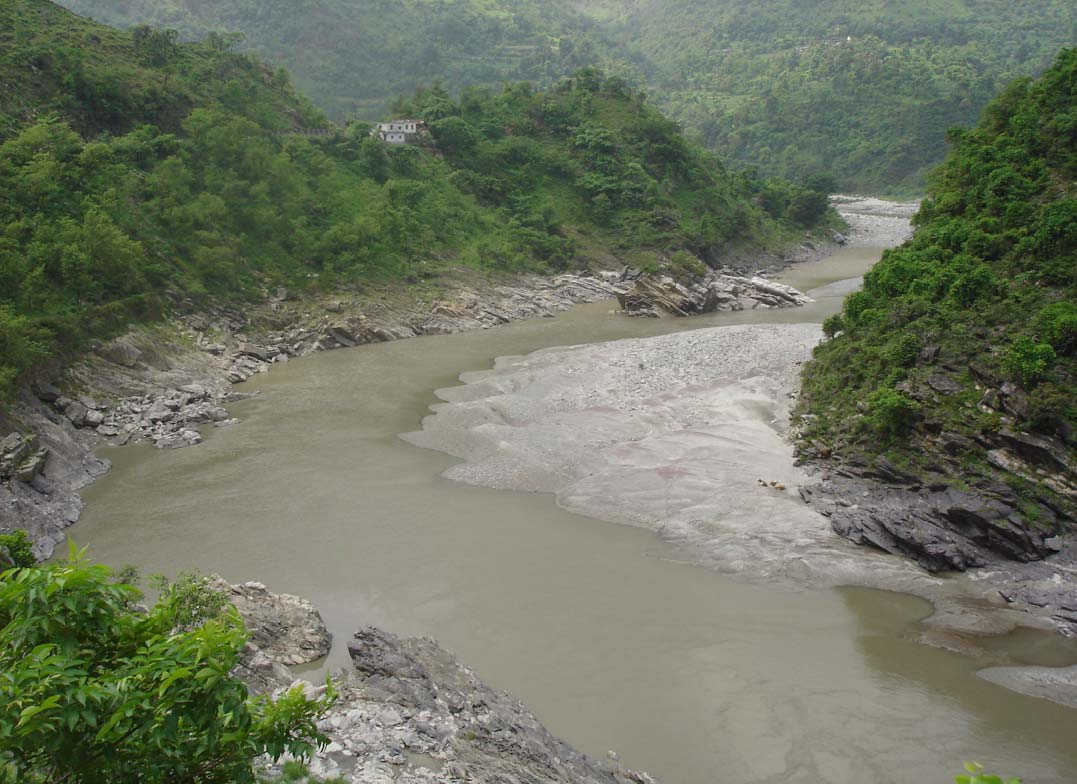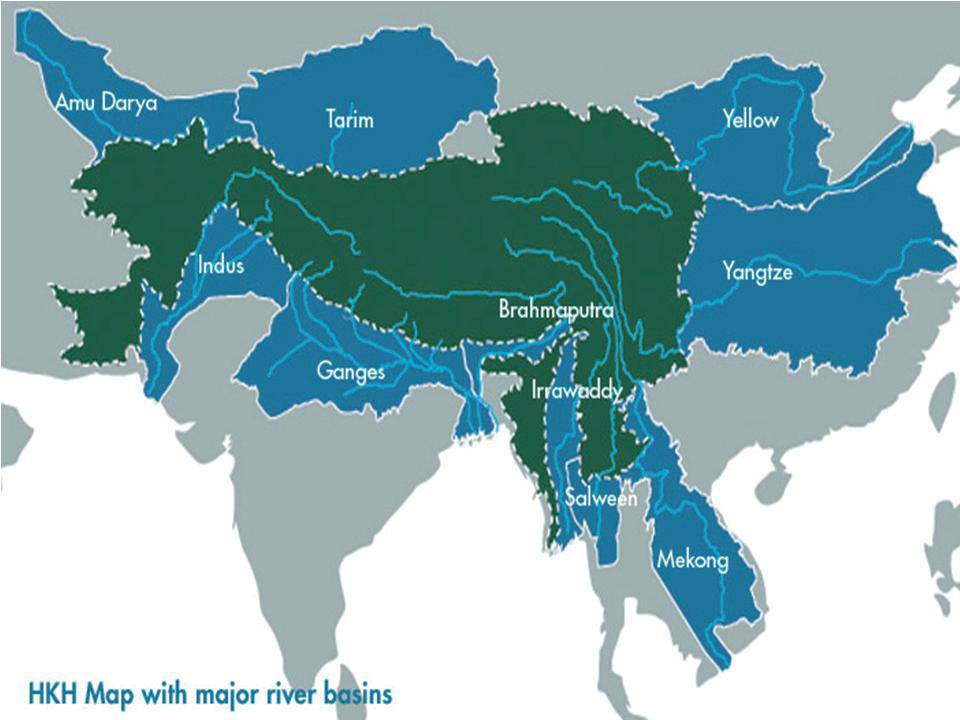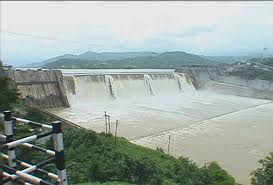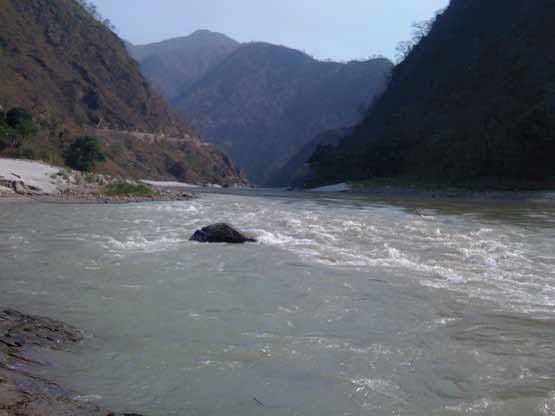/sub-categories/research-papers
Research Papers
Sustainable groundwater management – Report of the Working Group of the Planning Commission for the 12th Five Year Plan
Posted on 06 Jan, 2012 04:27 PMThe existing methodology of groundwater resources assessment is appropriate and suitable for country-wide groundwater resources estimation, considering the present status of database available with the Central and State agencies.
Floods in Orissa: No lessons learnt – An article in EPW
Posted on 06 Jan, 2012 02:26 PMThis article by Kishore C Samal in the Economic and Political Weekly (EPW) discusses how in the natural disater prone state of Orissa the authorities have not been able to draw up an effective disaster management plan and politicians continue to play politics with relief works. It argues that for dealing with these disasters and the relief and rehabilitation work that follows what is needed is the participation of the local community and functionaries of panchayati raj institutions, and coordination with national and international bodies.
Performance audit of water pollution in India – A report by the Comptroller and Auditor General of India
Posted on 03 Jan, 2012 11:44 AM The issue was examined by CAG because various stakeholders working in the field of environment flagged water pollution as the most important environmental issue that concerns us.
The issue was examined by CAG because various stakeholders working in the field of environment flagged water pollution as the most important environmental issue that concerns us.
The audit was conducted through document analysis, collection of responses to questionnaires, physical collection and testing of samples. The results of audit, both at the Central level and the State level, were taken into account for arriving at audit conclusions.
Adaptive modelling of water-logged groundwater regime
Posted on 31 Dec, 2011 10:21 PMAuthor : Patmajum
Interdisciplinary approach to water management: From the uplands to the coast - The Ganges-Brahmaputra-Meghna Basin
Posted on 30 Dec, 2011 11:04 AMIn this paper, Jayanta Bandopadhyay explains the need for an interdiscipliinary framework for water resource management. He states that this framework needs to include ecological, social, economic and institutional perspectives. These perspectives are essential to facilitate cooperation over the management of transboundary rivers.

Managing natural resources through simple and appropriate technological interventions for sustainable mountain development - Current Science (2011)
Posted on 30 Dec, 2011 10:07 AMThe initiative on management of natural resources through appropriate interventions aimed at:
Life, livelihoods, ecosystems, culture: Entitlements and allocation of water for competing uses
Posted on 27 Dec, 2011 05:10 PM This report has been prepared by the members of the working group set up by the Forum for Policy Dialogue on Water Conflicts in India on the issue of “Entitlements and allocations for livelihoods and ecosystem needs". The introductory chapter sets out the context of the report. The immediate context is the work of the Forum over the last 4-5 years, and the learning that this particular issue leads to many water conflicts in India.
This report has been prepared by the members of the working group set up by the Forum for Policy Dialogue on Water Conflicts in India on the issue of “Entitlements and allocations for livelihoods and ecosystem needs". The introductory chapter sets out the context of the report. The immediate context is the work of the Forum over the last 4-5 years, and the learning that this particular issue leads to many water conflicts in India.
Agriculture, food security and nutrition in Vidarbha: Household level analysis – A special article in EPW
Posted on 27 Dec, 2011 09:43 AMUsing the data generated from a baseline survey on a sample of 6,990 households covering six districts, this paper attempts to assess the relationships between agriculture, food security and nutrition for children, adolescents and married women of reproductive age.
The impacts of water infrastructure and climate change on the hydrology of the Upper Ganges river basin – A research report by IWMI
Posted on 18 Dec, 2011 07:03 PM The Ganges river system originates in the Central Himalayas, and extends into the alluvial Gangetic Plains and drains into the Indian Ocean at the Bay of Bengal. In the upstream mountainous regions, hydropower is the main focus of development with mega and micro projects either under construction or being planned in both Nepal and India.
The Ganges river system originates in the Central Himalayas, and extends into the alluvial Gangetic Plains and drains into the Indian Ocean at the Bay of Bengal. In the upstream mountainous regions, hydropower is the main focus of development with mega and micro projects either under construction or being planned in both Nepal and India.
After the main river channel reaches the plains, it is highly regulated with dams, barrages and associated irrigation canals. All this infrastructure development and abstractions affects the river’s flow regime and reduces flows, which, in turn, impacts downstream water availability, water quality and riverine ecosystems. Furthermore, there are concerns that climate change is likely to exacerbate the water scarcity problem in the Ganges Basin. Therefore, modeling the hydrology of the basin is critical for estimation, planning and management of current and future water resources.
Strengthening rural livelihoods – A report by IDRC
Posted on 13 Dec, 2011 05:17 PM This report prepared by International Development Research Centre (IDRC) examines how information related constraints in poor rural areas are being overcome and how information technology is being employed to the benefit of people in South Asia.
This report prepared by International Development Research Centre (IDRC) examines how information related constraints in poor rural areas are being overcome and how information technology is being employed to the benefit of people in South Asia.
Poor people are constrained by limited access to information and poor communications technology. The research looked at the use of ‘information communications technologies’ (ICTs) in providing agricultural extension services, getting timely market price information, finding out about rural wage labour opportunities, helping rural communities to build a sustainable asset base and understanding crop diseases and soil nutrition.
The results of the research bring together rigorously tested practices and methods of applying ICTs for improving rural livelihoods. Each research study has investigated how and to what extent a specific ICT intervention made a difference. Together it shows how ICTs have empowered rural people and transformed livelihoods in agriculture: by filling information gaps, raising awareness, building skills and extending social networks.
The focus was on agricultural communities, as Asia’s poor and middle-income countries have primarily agriculture-based economies. However, a broader ‘livelihoods’ approach has been taken to ensure that we observe the variety of ways ICTs can have an effect on rural communities. The scope of the research took into account the range of on-farm and off-farm productive and reproductive activities that support farming households and communities.